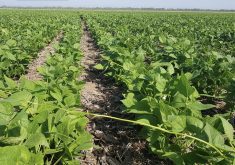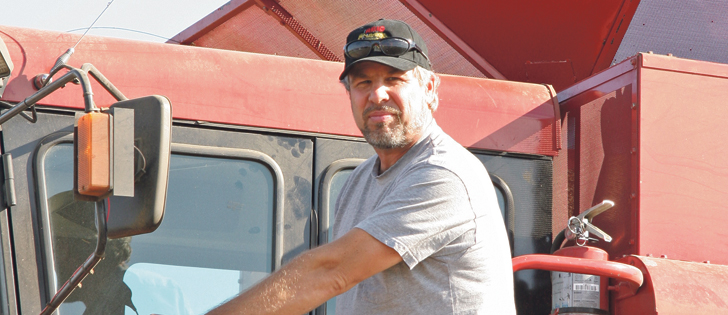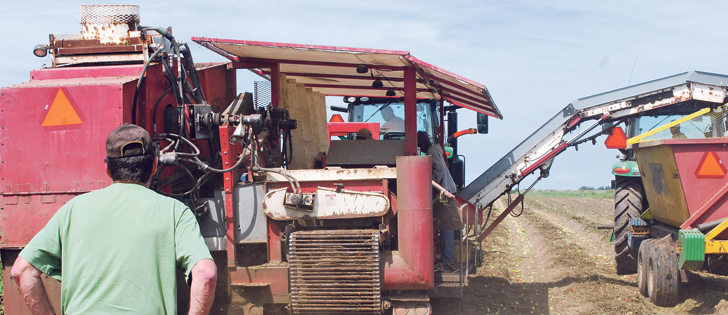A bid to increase the checkoff Ontario beef producers pay to Beef Farmers of Ontario failed to get the 66 percent of votes required for approval.
Beef Farmers of Ontario dipped into its reserves to pay a 2017 deficit worth nearly $1 million and had planned to do the same in 2018, expecting that the $1.50 per head check-off increase would be approved.
“We’re simply not going to be able to draw down on our reserves as fast,” said Joe Hill, the new president of Beef Farmers of Ontario.
Read Also

Farming Smarter receives financial boost from Alberta government for potato research
Farming Smarter near Lethbridge got a boost to its research equipment, thanks to the Alberta government’s increase in funding for research associations.
“We’re going to have to realign our budget, going to have some hard decisions around what our priorities are for spending and what it ultimately means is, we’re going to have to take money from some areas where we’re going to have less focus and put it into areas where we have more focus so we can come back with a closer to balanced budget so we can keep going for the next couple of years.”
The beef farmers board wanted the check-off increase to pay for more marketing and communications to try and bolster the Ontario beef industry.
The increase beyond the current $3 per head required a constitutional change within Beef Farmers of Ontario, which meant provincial consultations and a two-thirds approval from farmer-delegates at an annual meeting.
However, the delegate vote at the organization’s recent annual meeting returned a result of 61 percent in favour, which is short of the 66 percent support required.
Most of the new money would have gone to the group’s Regional Marketing Initiative, which invests in branded Ontario beef marketing initiatives. In the past year, nine projects have been approved worth $390,000, with $148,000 invested by Beef Farmers of Ontario.
Ontario has also been slow to approve a new national agreement with the Canadian Beef Cattle Check-Off Agency, a deal that has been approved by other provinces. That agreement would mean an increase in the national checkoff to $2.50 per head versus the current $1.
The national checkoff also applies to imported beef, and as a result, the fund can be used only for generic promotion of beef versus branded products or import replacement, the aim of the Ontario Regional Marketing Initiative.
Hill said the Ontario board isn’t yet convinced beef farmers in Ontario receive enough value from an increase in the national levy.
“The national industry tends to be fairly western-oriented,” he said.
“Arguably, 80 percent of the beef is from Western Canada, so it’s to be expected, but for the Ontario industry to really survive, we’ve got to find some value-adding in there, which we aren’t seeing from our national organization yet.”
A large volume of western Canadian beef is exported, while significant urban markets in Ontario are now being underserved by Canadian beef. Eighty-five percent of beef imports from the United States come into Ontario, totalling more than $530 million each year, said Jim Clark, executive director of the Ontario Corn Fed Beef Program.
Beef farmers passed a resolution at the annual meeting encouraging the board of directors to get the national agreement finalized.
“We’ve been working at this for the last number of years,” said Larry Jinkerson, who moved the motion to approve the resolution. “It’s time to get on with it and get it signed. We’re the only province not on board.


















